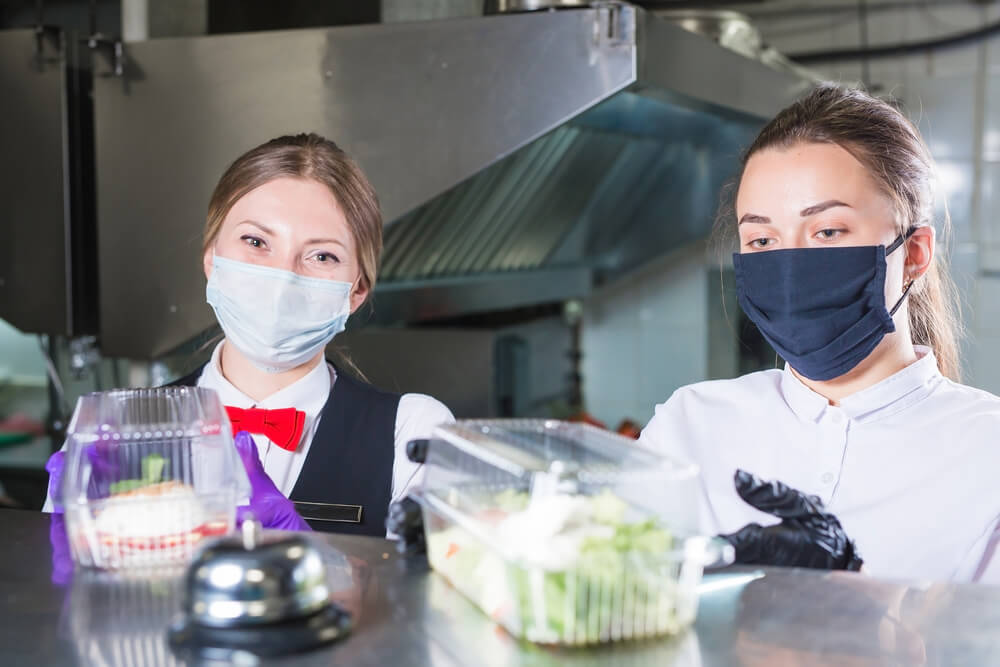
COVID-19 has remodelled the way businesses now operate in 2020. The food sector must deliver new safety measures and policies. While stores transform their operations, management must also ensure that food safety standards continue.
The following tips will help maximise safety and mitigate risks for COVID and all food safety breaches:
- Enhance cleaning and disinfecting efforts: High touched surfaces such as tables, chairs, doors, walls, and counters are a breeding ground for bacteria. Emphasise to staff the importance and correlation of using high grade, EPA approved chemicals to keep all areas of the business safe for the public and workers.
- Wash Your Hands: Hand washing is by far the number one defence against the spread of disease. All workers must be coached by management on proper handwashing etiquette, ensuring the practice is regularly performed and for 20 seconds or more. Customers must also have sufficient amenities available to practice safe hand hygiene before eating, after eating, after sneezing or coughing and after using the restroom.
- Implement COVID-19 safety protocols: Enforce social distancing measures by limiting the total number of patrons and workers in each area of the business. Management should also ensure the layout of tables and queues do not overpass with other patrons and provide areas with one-way traffic patterns for entrances and exits. A recommendation from food safety experts is only to supply disposable cutlery, menus and personal protective equipment.
- Ensuring employee health screening is conducted regularly: Before beginning the shift, employees must take a temperature scan and disclosure any symptoms suggesting illness, i.e. fever, diarrhea, vomiting, and coughing. If signs, of possible sickness, are recognised, management must send the employee home.
- Train employees regularly: Management must explain all new procedures and policies in place for all employees. Take immediate Ensure that handwashing training sessions are arranged weekly with staff members. An excellent tool to use for such workshops is GlitterBug Hand Hygiene Training Kits.
- Mix COVID-19 procedures with existing food safety processes: While COVID-19 has had an intense impact on businesses, management should not lose focus on existing food safety practices. Emphasise new methods of dealing with COVID-19 (wearing PPE, social distancing, regular disinfecting and cleaning) while also maintaining the importance of basic food safety, such as cooking food to correct temperatures, accommodating food allergies, avoid cross-contamination.
Want To Know More About Food Safety?